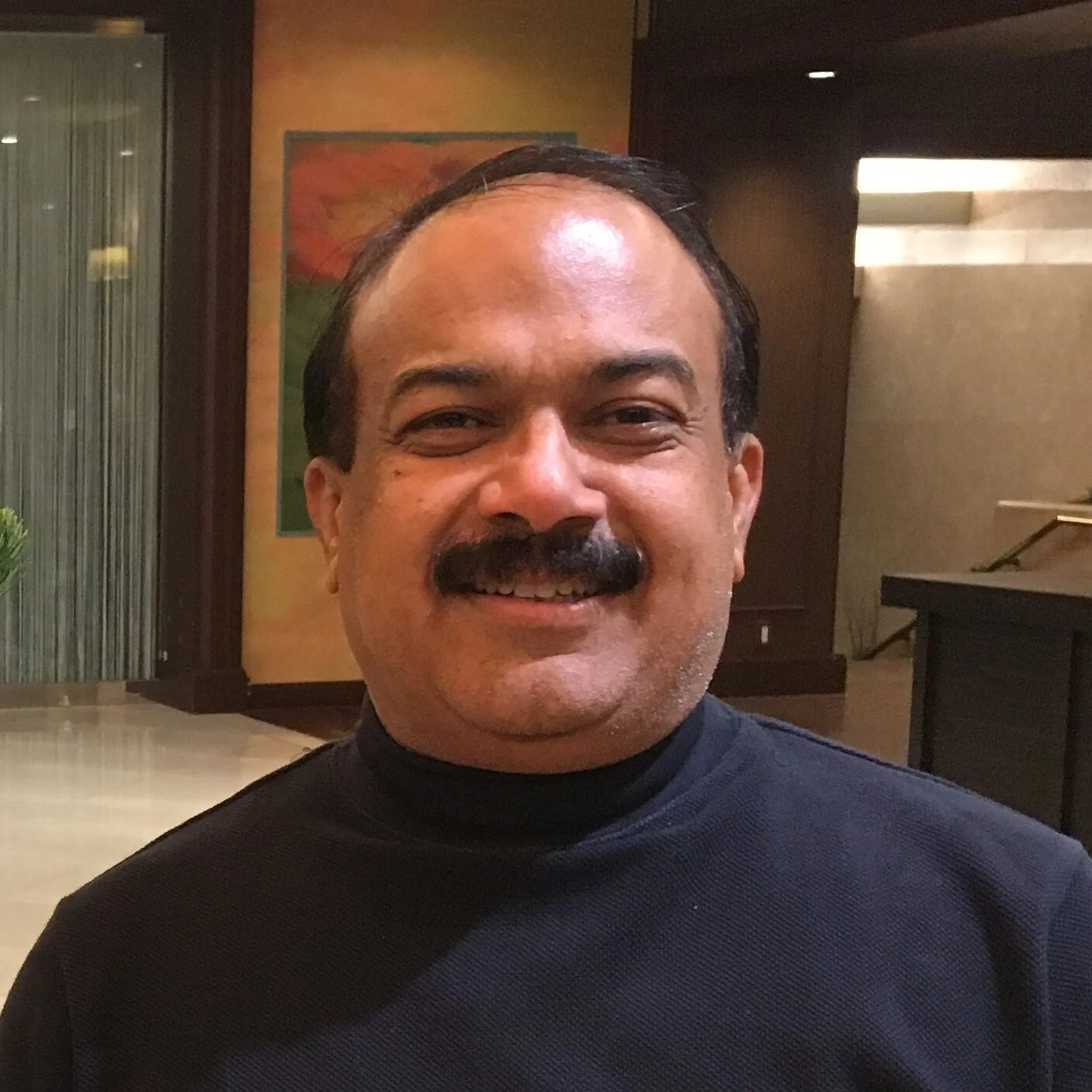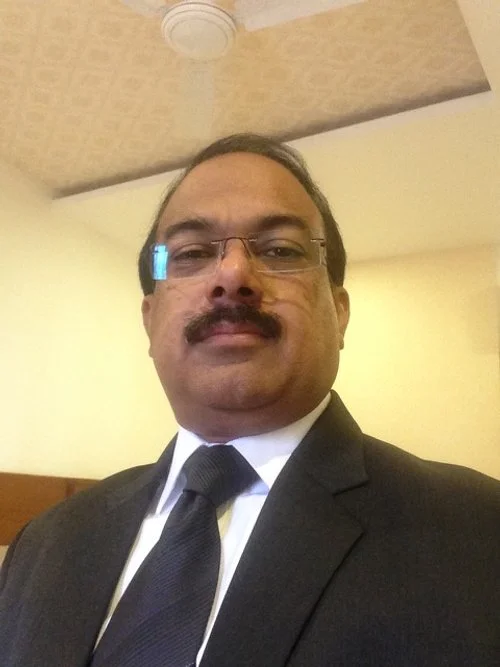THE LEADERS' INSIGHTS
ATHENA & TELEMACHUS MENTORS
Dr Sudhakar Bangera is the Managing Partner of AILEEN Clinical Research Services, with extensive work experience of 28 years in health-care (Hospitals and Medical Schools), of which 23 years are in global and local Clinical/ Contract Research Organisations, Academic Research Organisation, Site Management Organisation, Medical Imaging, Clinical Bioavailability and Bioequivalence (BA-BE), Public Health, and Pharmaceutical and Vaccine Manufacturing companies.
Q: What key moments or choices have most shaped your professional journey?
A thinking that I need to do something different than what most people want to do. People with my MD background generally go into medical practice or teaching, but I didn’t want to ‘die’ as a teacher. So I moved into clinical research, where almost 99.99 percent of peers learnt by experience and not from education to work. Most MDs learn about diseases and drugs from books, whereas clinical research teaches you to think and learn from diseases and medicines that are not yet in the market. So that keep us learning ahead of the curve.
Q: Did mentoring play a role in those moments, if so how?
Unfortunately, I did NOT have any mentor (including parents) to guide me on the path that I took. Perhaps, if I had, I would have been stuck in the general stream that a MD takes or would have followed something else, worked in a developed country and done more good for myself and my family in terms of quality of life and financially.
Q: Can you share an experience when you had to make difficult choices in your professional life and how you handled it?
We had an anti-cancer drug that didn’t show any difference in terms of therapeutic cure, side-effects, or survival time midway through the clinical trial; and had to stop the clinical study prematurely.
Another time when patients with chronic low back pain were euphoric; but parallel studies in animals showed carcinogenic. Patients were getting enrolled and were seeing the benefit and ‘being happy’, but the manufacturer decided again to prematurely stop the clinical study.
In both cases, as a medical professional– a decision not to let the medicine get into the market well ahead of time – gave one an immense sense of responsibility.
Learn something that AI will not be able to do – emotion and reaction to your surrounding.
Q: What’s the most surprising or transformative lesson you've learned from mentoring someone, or being mentored yourself?
All those I have mentored come from a low and middle-income country, like me too. Despite been rich ecologically or geographically, people in these countries really do struggle with education and work. Though the world has access to the internet and it has become a basic necessity, some of my mentees still didn’t have free access.
However, I was amazed to see their enthusiasm to learn and be guided by someone unknown to them.
Q: How do you tailor your mentorship approach to support individuals from other cultures, or underrepresented genders and backgrounds?
‘Been available any time and every time and patient-listening’ is the mantra.
Q: Looking back, what mindset or habit most contributed to your long-term success and resilience?
Reaching out again and again, even just a ‘congratulatory’ response or just asking ‘how are they doing’ makes a difference.
Q: What’s a common misconception about our societies or systems that you often find yourself challenging?
I can never understand why a human being from a low-income country is not treated on a par or well by another human being from the developed world, and how politicians can ruin their people and country just for their personal benefit.
Q: What new trends or shifts are you seeing in workplace culture or leadership?
At country level, how democratic countries are slowly moving towards anarchy. At a workplace level, how senior management is becoming unethical and continuing to do things just to retain their job, so as to maintain their lifestyle without much botheration to mankind.
Q: In the age of hybrid work and AI, what is one piece of career advice you would give younger professionals or professionals who are looking to pivot?
Give justice, be trustworthy, be ethical, and be happy to work from home or hybrid. Learn something that AI will not be able to do – emotion and reaction to your surrounding. Here’s an example – would you save somebody on fire immediately by being reactive using natural intelligence OR wait for AI to give you options of dousing the fire, asking what kind of fire it is and other questions about the surrounding area etc or automatically calling fire station, and therefore wasting valuable time.
Q: Tell us about your society/country, what social shifts do you observe? Are tech and innovation being harnessed for good?
Technology and innovation have made children less emotional, less caring, a thinking that everything is do-able, and solutions are at your finger tips. In my day, children, after they have found a job or got married, continued to stay with their parents and were available 24/7. However, now, children make sure that they study, work or live outside their parents’ city, and have no regrets about their deteriorating relationships with either their spouse, parents or children.
Q: How can we support entrepreneurial thinking among young people and women?
Entrepreneurial thinking does not mean starting a new business. The idea of entrepreneurship could apply to their own job or functions they do. It could be new ways of doing routine procedures, that could be less time consuming and more effective.
Q: A motto you live by?
‘Think beyond’ or ‘look beyond’ for innovation or discovery.
‘Be kind’ – the other human may not have access as you do.
‘Be ethical’ or one day it may hit you or your family itself (medical or sickness).



